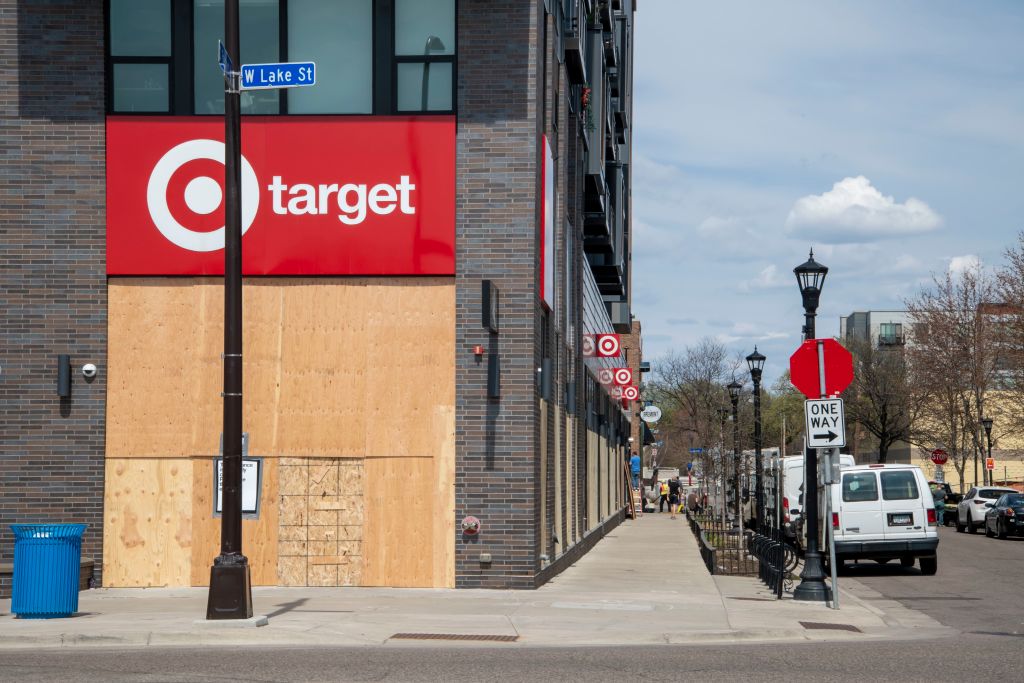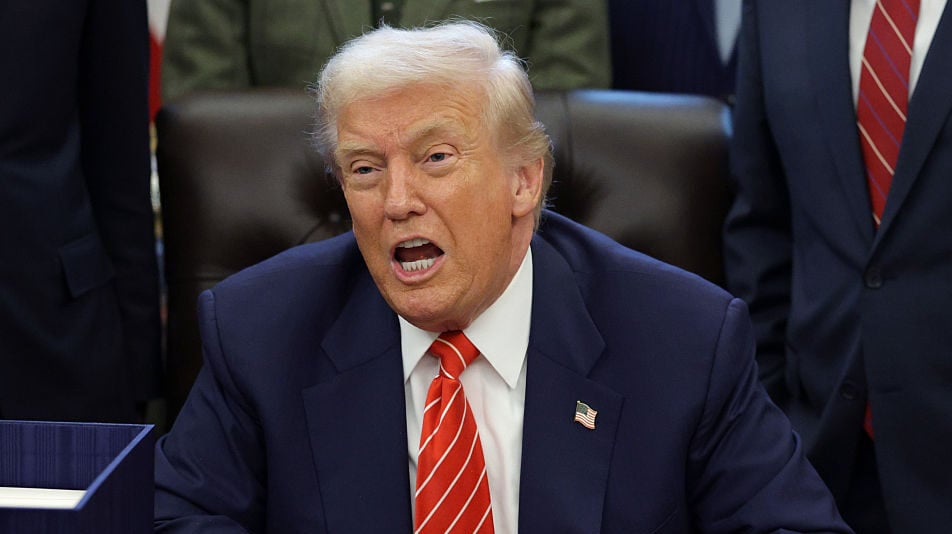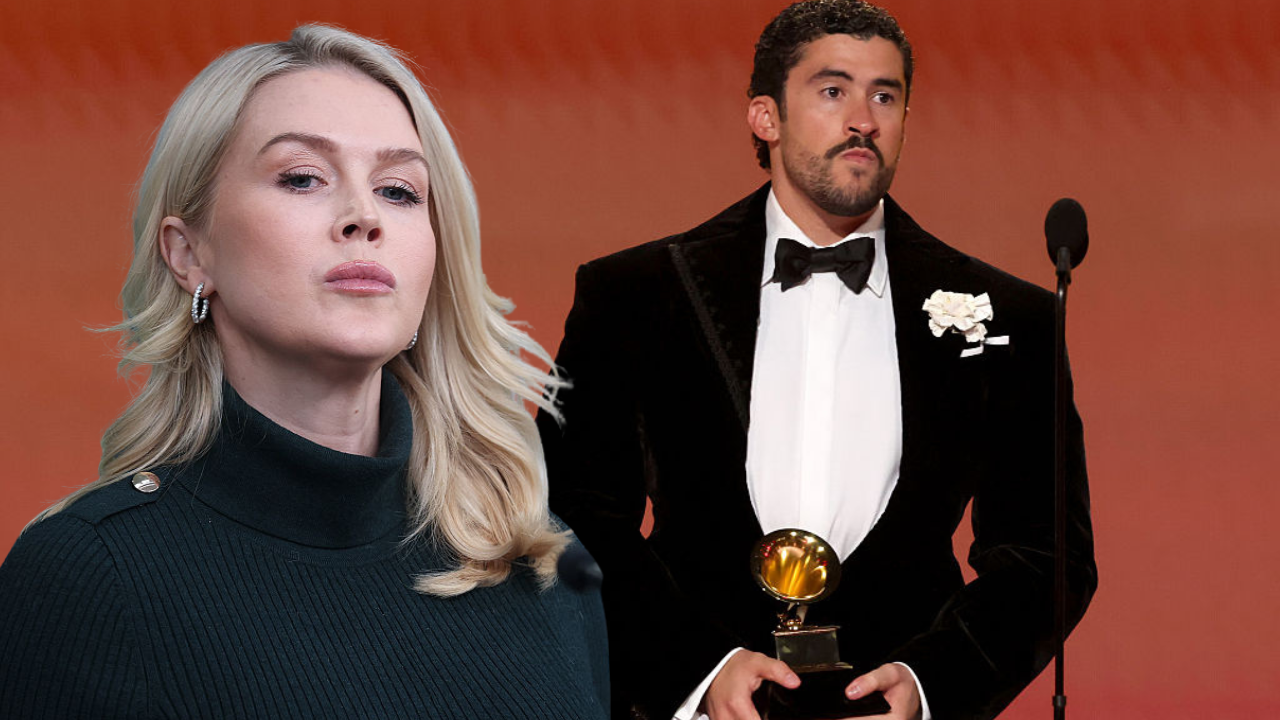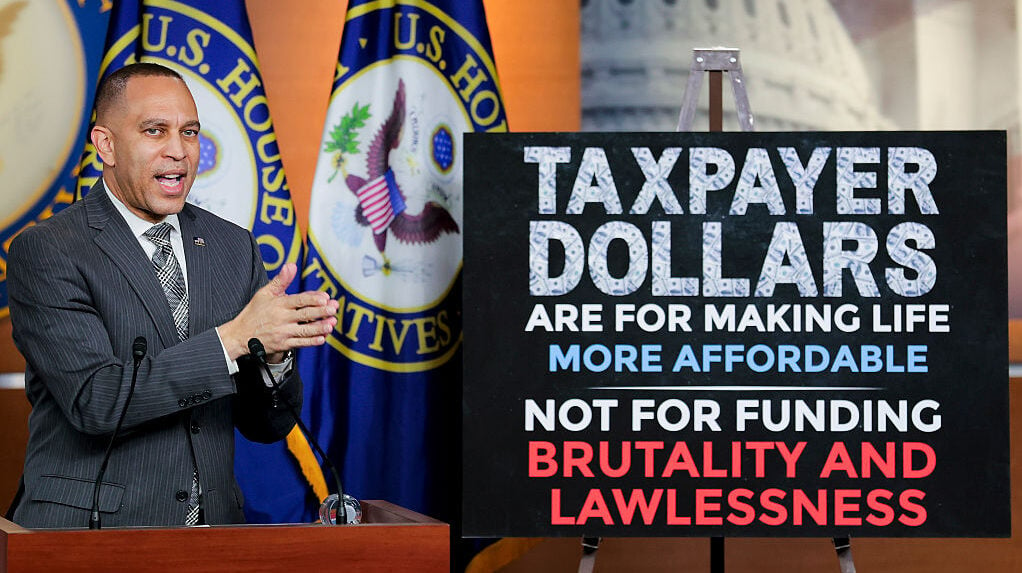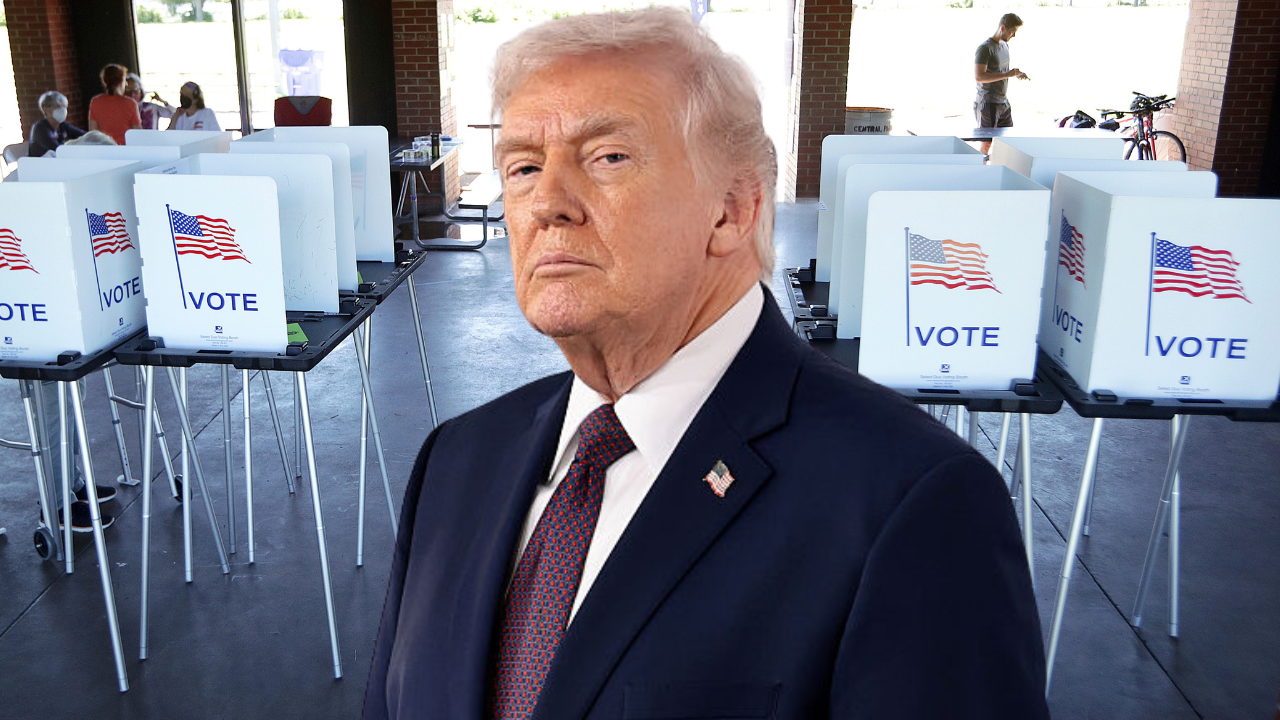How John Singleton’s personal life fueled his revolutionary art

John Singleton was born to make movies, and his relentless brilliance pushed the film industry to respect the full humanity of Black people. These are two of the many key takeaways from the compelling new biography The Life of Singleton: From Boyz N the Hood to Snowfall, by Thomas Golianopoulos.
Singleton’s first film, 1991’s Boyz N the Hood, hit like an earthquake in Los Angeles. The raw, utterly believable depiction of the director’s native South Central neighborhood gave birth not only to numerous imitators and the modern “hood flick” genre, but also to the movie careers of Ice Cube, Nia Long, Morris Chestnut, and others. Singleton’s career was bookended by the powerful TV series Snowfall, which was running on FX when Singleton died of a stroke in 2021 at age 51.
In between those monumental achievements, Singleton’s filmography is uneven – just as our favorite musicians or athletes don’t impress us with every album or game. Why did Singleton cast Tyra Banks in Higher Learning? What happened with Janet Jackson in Poetic Justice? Did he really stiff his partners on Hustle and Flow? Singleton’s motivations, influences, and struggles are revealed in thorough, perceptive detail by Golianopoulos, a journalist who has been writing about Black culture for 20 years, contributing to magazines such as King, XXL, and Vibe.
The Life of Singleton is an engaging and propulsive read, characterized by an assertive style and juicy details. Golianopoulos’ reconstruction of dialogue is particularly effective, which brings scenes to life instead of distilling them into dusty academic detail. Golianopoulos bravely tackles Singleton’s debilitating obsession with juggling numerous women and fathering multiple children, and illustrates how this “toxic vortex” impacted, for better and for worse, Singleton’s art.
One of the book’s early scenes shows Singleton’s disgust at the 1988 movie Colors, a caricature of L.A. gang life told from the perspective of — wait for it — the police. That framing seems ludicrous now, but it was standard then. Colors came out when Singleton was a gifted, driven student at USC’s film school. He publicly denounced the movie — at no small risk to his career — then destroyed its paradigm with Boyz N the Hood, which debuted when he was just 24 years old.
Boyz made Singleton the youngest person and the first Black person to receive an Oscar nomination for best director. He was also nominated for best original screenplay. Afterward, Singleton leveraged his influence at the vanguard of the New Black Hollywood to craft a powerful career centered on telling authentic stories and empowering the next generation of film professionals.
Recently, Andscape spoke with Golianopoulos about the book he began writing in 2023, two years after Singleton’s death.
This interview was edited for length and clarity.
Why did you think writing this book was worth years of your life?
I always wanted to write a biography of a “great, complicated artist.” I felt like I’d been working towards that my entire career. Singleton definitely fit that description. I’ve always said that Boyz is one of the five most important movies of the ‘90s, alongside Terminator 2, Pulp Fiction, The Fugitive, and The Matrix. I approached it as a fan. I was curious. I wanted to know what happened on Rosewood. I wanted to know why he went six years without directing a film after Four Brothers. I wanted to know why he eventually went into TV. I remember reading the NYC tabloids in ‘99 and 2000 – I wanted to know what went down on the set of Shaft.
Anthony Barboza/Getty Images
Did you know when you started the project that his personal life was so toxic?
A quick Google search will tell you that he had seven kids with six women. But I didn’t know just how toxic it was.
How do you think that affected his art?
It affected his art tremendously. Write what you know, right? Baby Boy is a product of that toxic personal life. The same goes for a few unproduced scripts that I read. He wanted to depict life as it was lived, warts and all. His personal life informed so much of what he put out in the public. It wasn’t just Boyz N the Hood that was semi-autobiographical. There are biographical elements in all of his movies, especially the scripts that he wrote. In Higher Learning, we’re seeing things straight from his own college experience. Baby Boy is just as autobiographical, if not more so, than Boys N the Hood. You can’t just focus on the art without focusing on the personal life because the personal life influences so much of the art.
How do you describe John Singleton’s role in cinema and television?
He had this line that he wanted to tell these very, very Black, very California, and very personal stories. He accomplished that. Did anyone do that before him? If you want to go deeper into what he meant for Black film, at his memorial, one of the speakers said, “Get up out of your chair if you got your start in the industry because of John Singleton.” And a wave of people stood up. What Spike Lee did in New York on the East Coast with getting Black technicians and crew members into the union, Singleton did the same thing in L.A. He literally changed the complexion of film sets.
He was also generous with his knowledge. A lot of people operate like, “If I can’t benefit from it, I’m not gonna help you out.” Singleton never did that. There are countless stories of people he helped, aspiring directors and screenwriters. Ryan Coogler met him at a 24 Hour Fitness, I think it was on Slauson, when Ryan was in USC film school. They exchanged numbers, and Singleton is giving him advice on his student films.
What do you want people to know about John Singleton in the larger sense?
I think his legacy is greater than merely his CV [curriculum vitae]. John Singleton inspired a generation of filmmakers. He showed people that it could be done – that their voice and their story matter. I keep returning to something the director Dallas Jackson told me. “A lot of people don’t share knowledge because they’re afraid that you might surpass them one day. John didn’t have that insecurity.”
That said, I think it’s important to remember his achievements. Boyz N the Hood is one of the best films of the 1990s. He directed four No. 1 movies. He created Snowfall, which ran for six seasons. He was making a movie every two years, which means he never really stopped working—and he did all of this in his 20s. He loved film and he loved the film industry even though it turned on him later in his career. There was a real love of craft there. He never stopped learning. He worked to be a better writer and a better director until his final breath.
The post How John Singleton’s personal life fueled his revolutionary art appeared first on Andscape.
What's Your Reaction?
 Like
0
Like
0
 Dislike
0
Dislike
0
 Love
0
Love
0
 Funny
0
Funny
0
 Angry
0
Angry
0
 Sad
0
Sad
0
 Wow
0
Wow
0





